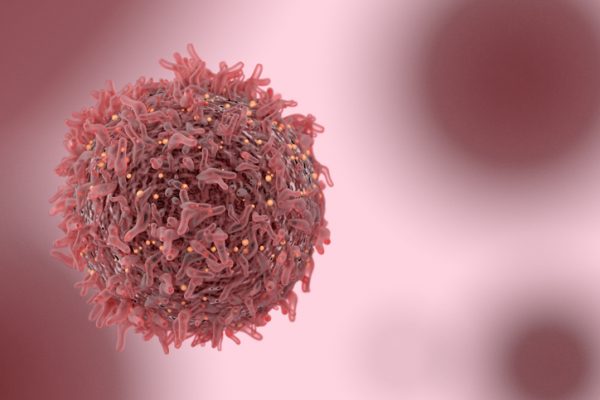
Fresh off the heels of the Food and Drug Administration approval of its second CAR-T product, a unit of Gilead Sciences is seeking a supplemental approval for the one it was already marketing.
The Foster City, California-based biotech company’s Kite Pharma subsidiary said Friday that it had submitted an application for the approval of Yescarta (axicabtagene ciloleucel) in relapsed or refractory follicular lymphoma and marginal zone lymphoma, also known as FL and MZL, respectively.

With the Rise of AI, What IP Disputes in Healthcare Are Likely to Emerge?
Munck Wilson Mandala Partner Greg Howison shared his perspective on some of the legal ramifications around AI, IP, connected devices and the data they generate, in response to emailed questions.
Yescarta has been approved since 2017 for relapsed and refractory diffuse large B-cell lymphoma, or DLBCL, which is a fast-growing form of B-cell non-Hodgkin’s lymphoma. FL and MZL are indolent, meaning slow-growing forms of B-NHL, and generally considered incurable. In July, Kite – which Gilead acquired in 2017 – won approval for another CAR-T, Tecartus (brexucabtagene autoleucel), for mantle cell lymphoma, or MCL, which is another indolent form of B-NHL.
The BLA submission was based on data from the Phase I/II ZUMA-5 study, which were presented at the American Society of Clinical Oncology’s annual meeting in May. The data showed that among 96 patients evaluable for efficacy – including 80 with FL and 16 with MZL – 93% responded, including 80% who achieved a complete response. The median duration of response was 20.8 months, while median progression-free survival was 23.5 months, and median overall survival was not reached. Among the 140 patients in the safety analysis, 8% experienced severe or worse cytokine release syndrome, and 17% experienced neurological toxicity of similar severity.
“People living with indolent NHL often experience a disease that starts out slowly but becomes more aggressive over time with each subsequent relapse,” Kite global head of clinical development Ken Takeshita said in a statement. “The efficacy observed in ZUMA-5 may provide a potentially transformative treatment option for higher-risk patients with certain types of indolent NHL.”
Nevertheless, when the ZUMA-5 data were presented at ASCO, questions remained about where Yescarta could fit into treatment of FL and MZL, with some experts saying at the time that it would be a “complicated conversation” to have with patients. While there are oral drugs available in those late-stage settings, they can be expensive and burdensome to take over a long period of time, as compared with a one-time treatment like CAR-T. Older patients who want an option with lower risk and greater tolerability and who live far away from treatment centers may prefer an oral option, whereas those who want a treatment with a greater likelihood of providing a long-lasting remission may desire CAR-T, experts said.
Photo: CGToolbox, Getty Images














